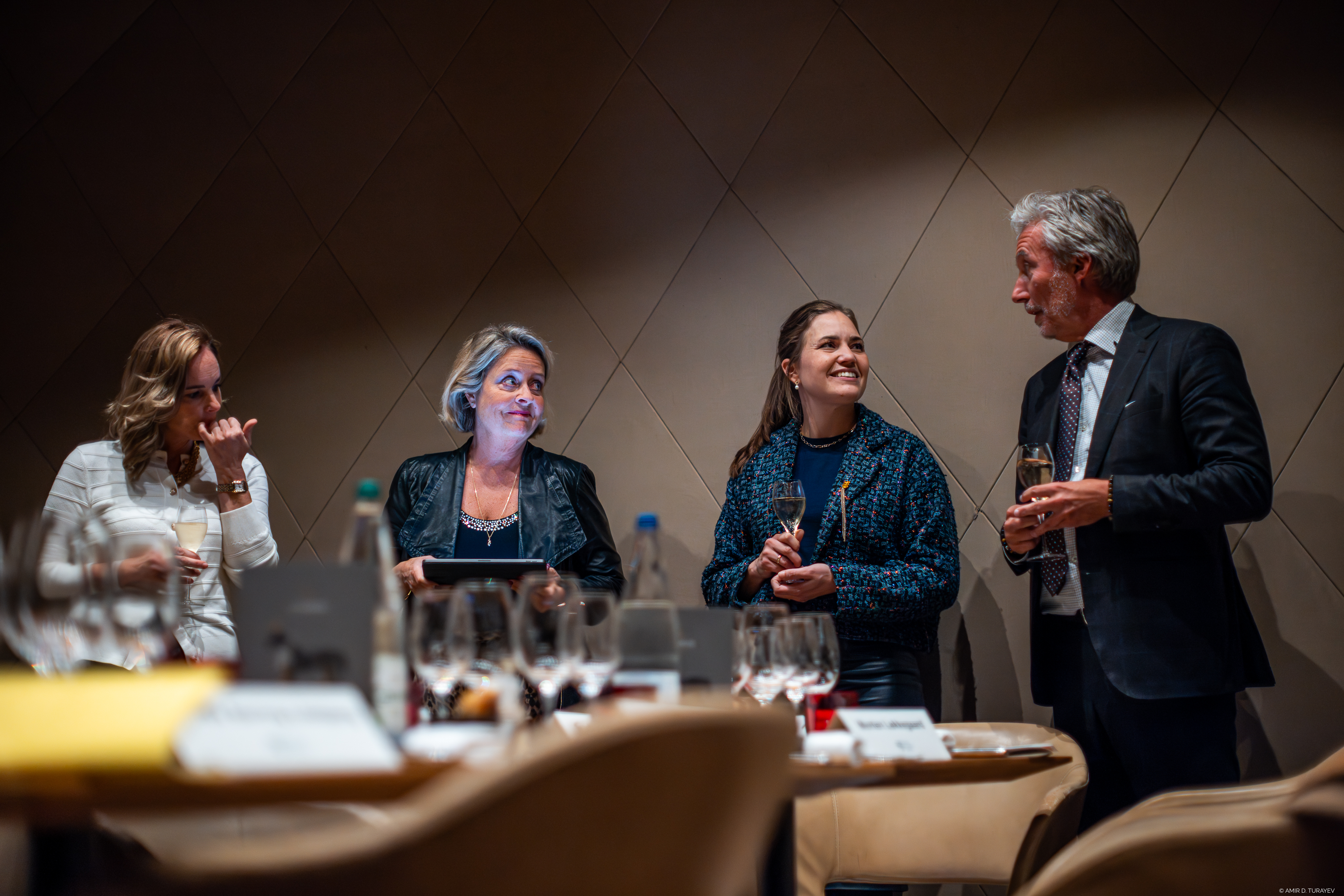MEPs unite to boost biosolutions with Interest Group announcement
The European Biosolutions Coalition launched the first-ever Interest Group on Biosolutions for MEPs at its inaugural dinner in Strasbourg on Monday, October 6th. The group is co-chaired by MEPs Morten Løkkegaard and Stine Bosse and facilitated by the Coalition, with the goal of uniting MEPs to accelerate the deployment of necessary biosolutions for Europe’s future.
This new cross-party group in the European parliament has been launched with the goal of strengthening Europe’s biorevolution and position the continent as a leader in competitiveness, supply security, geopolitical resilience and in the green transition through biosolutions. If it does not, Europe risks losing a sector with massive potential – one that can boost supply security, accelerate the green transition and create more than 600,000 European jobs by 2035.
Therefore, the immediate focus of the group is to ensure that the upcoming EU Biotech Act is not limited to pharmaceuticals and health-oriented biotechnology, but instead that it is futureproof and bold and broad in its scope – covering health, agriculture, industry, food, materials and environmental technologies alike.
Currently, the Biotech Act falls under the jurisdiction of EU Health Commissioner Olivér Várhelyi – who is adamant that a pharmaceutical-oriented Biotech Act will be submitted by the end of the year. Yet the political endgame for the Biotech Act begins now, and this Interest Group will push to make biosolutions a central focus.
Biosolutions, which share a common heritage with the pharmaceutical part of the broader biotechnology industry, fall under a patchwork of different European regulations and other issues, such as lengthy approvals and lack of investments, that hold back their use. For instance, industrial biosolutions and biomanufacturing are subject to rules originally targeting fossil-based products. This forces companies to comply with outdated requirements that neither encourage innovation nor accelerate the green transition. Without modern and targeted regulation, Europe cannot maintain its global leadership position, and companies will quickly move to opportunities with better framework conditions.


